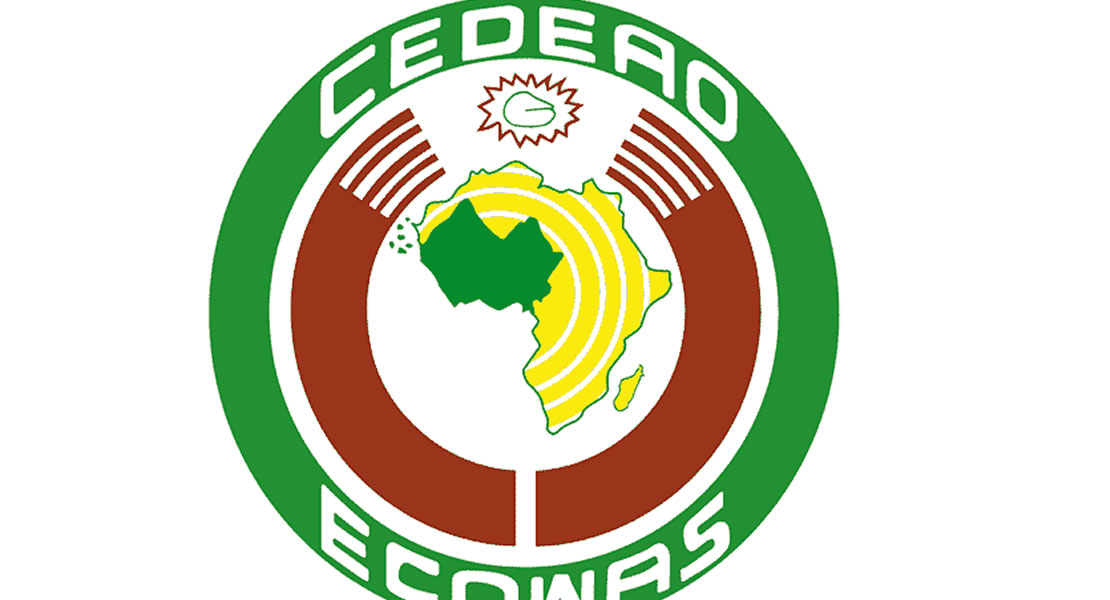
Mrs Joyce Adeline Bamford-Addo, Speaker of Parliament on Monday opened a five-day meeting of the Joint committee on agriculture, environment, water resources and rural development infrastructure and industrial development of the ECOWAS Parliament in Accra.
It is under the theme; Implementation of the ECOWAS Agricultural Policy: In the Context of the Regional Investment Programme and the National Agriculture Investment Programme of Member Countries.
Member states of Ghana, Benin, Nigeria, Niger, Liberia, Gambia and Burkina Faso are attending.
The meeting is to enable members to reflect on the ECOWAS Agriculture Policy, adopted by Heads of State of the sub-region in 2005 and focus on the National Agriculture Investment Programmes and the Regional Agriculture Investment Programme.
The Objectives of the meeting is to inform members about the implementation process of the ECOWAS Agriculture Policy and to take concrete steps to stimulate all aspects of the policy and also to pay particular attention to the mobilisation of national Parliaments and the ECOWAS Parliament for the design of viable projects.
Mrs Addo said very little integration has taken root in the region, especially in the free movement of goods and services and of the people.
She said only marginal proportions of the people in the region were aware of ECOWAS policies and programmes and hardly take advantage of them, adding that, such situations if not properly addressed will have serious repercussions on the efforts to realise the noble ideals of the regional integration.
Mrs Addo stated that the meeting offered a strong call for the ECOWAS community to adopt the policies and implement the measures of ECOWAS to herald in an era of food security for the region.
She said members should make it their concern to transform ECOWAS from an ECOWAS of States to an ECOWAS of people.
She said food ranks highest of the basic necessities of life therefore promoting and sustaining growth in the agricultural sector in the region to achieve food security and self sufficiency should be lauded.
Mrs Addo asserted that all member states have completed the process of preparation of their National Agriculture Implementation Policy and the process of mobilisation of funds to support the implementation of the programme.
She urged members to influence and facilitate the various governments in allocating 10 per cent of the national budget to agriculture and target agriculture Gross Domestic Product growth rate of at least 6 per cent annually.
Mrs Addo explained that the food crisis that characterised several governments in recent times makes response by government imperative and it was in this light that ECOWAS should be seen as a response mechanism and an opportunity to harness and manage agricultural resources and provide food security to reduce food dependency and achieve sovereignty.
Alhaji Muhammad Mumuni in a speech read for him, said the major political and economic problems that face West Africa included, declining Agricultural and Industrial productivity, sporadic famines; increasing environmental degradation, high level of malnutrition, lack of financial resources and in particular, a declining capacity to serve the high level of debt, civil unrest and external conflicts, collapsing infrastructure and the disintegration of public institutions.
He said such concerns should be the emphasis of the ECOWAS commission.
GNA